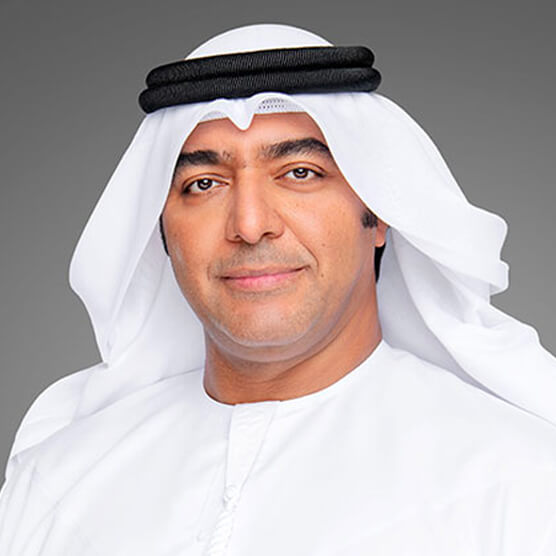Maqsoud Kruse grew up in a multicultural and multiethnic family environment to a German father and an Emirati mother, which enabled him to have a deep understanding of cultural and social influences on oneself and on others as well as appreciating the values of tolerance, coexistence, and diversity.
Discovering his passion for Psychology at the early age of thirteen, he has been ever since interested in mental health and wellness, the cultivation of human potential, and the identification of giftedness and special abilities. This is reflected in his broad and interdisciplinary intellectual and scientific interests that include but are not limited to Clinical Psychology, Organizational Psychology, Psychological and Neurological Sciences, Gifted Education, Strategic Studies, Political Propaganda, Tolerance, Extremism and Terrorism, Political Islam, and Contemporary Arabic Thought.
In 2021, Kruse published a study titled “Year of the Fiftieth: The Role of Industrial & Organizational Psychology in Cultivating Human Potential in the United Arab Emirates” that was published by Trends Research & Advisory. In the same year, he published a study titled “The Challenges of Developing Inclusive Curriculum for Gifted Students in The United Arab Emirates” that was also published by Trends Research & Advisory. In 2019, Kruse published a book chapter in Arabic titled “The Psychological Foundations of Tolerance” that was published by the Sultan Bin Zayed Center. In the same year, he published his paper titled “Towards A Neurological Model of Giftedness: A Conceptual Perspective” at the 4th International Conference on Educational Neuroscience. His paper titled “Countering Violent Extremism Strategies in the Muslim World” appeared in “The ANNALS” of The American Academy of Political and Social Science in 2016.
Kruse has been serving as the Chairperson of the National Human Rights Institution in the United Arab Emirates since its inception in 2021, in which he’s been dedicating part of his work to the advocacy and promotion of the “Right to Mental Health”.
